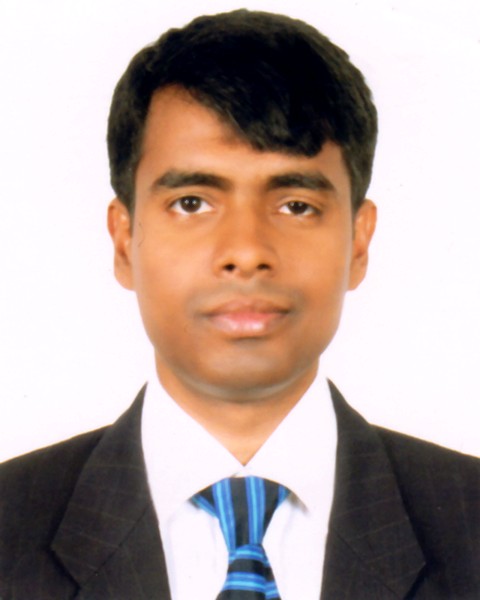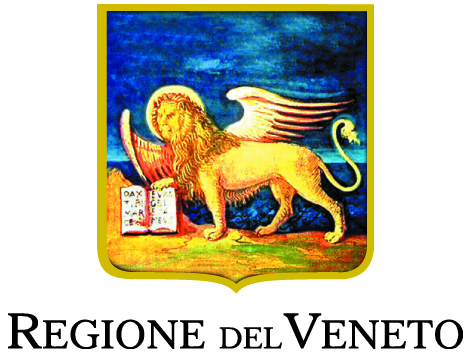
Biosketch
Mohammad Rafiqul Islam is currently a Ph.D. Student, Department of Economics, University of Verona, Italy. As a Ph.D. student, Mr. Islam is doing research project entitled “Rainwater Harvesting in Fighting Climatic Concerns and Women Empowerment in Bangladesh”.
Before this Ph.D., he did MSc (Master of Science), MBA (Master of Business Administration) from University of Twente, Netherlands, and University of Dhaka, Bangladesh, respectively. Previously, he worked as Micro-credit program Organizer Officer of BRAC in Bangladesh. He also has extensive experiences on doing research projects as Research Associate of the different institutions like University of Dhaka, Bangladesh and the University of British Columbia, Canada.
He published two articles in 2017 on “Connection among Water, Agriculture, and Human Rights, and Its Concerns in Bangladesh” in Archaeology and Anthropology Journal, and “Ecological Integrity of the Brahmaputra Basin for Community Livelihoods in Bangladesh” In: Hussain, A. (eds), Bangladesh’s Neighbours in Indian Northeast: Exploring Opportunities and Mutual Interest, Part III, Asiatic Society of Bangladesh, Dhaka. Moreover, he published two more articles in 2018 on “Rainwater Harvesting to Reduce Water and Economic Poverty in Coastal Bangladesh” in Politikon The IAPSS Journal of Political Science, and “The Socio-Economic Impact of the Freshwater Crisis in Mongla, Bangladesh” in BROLLY Journal of Social Sciences.
His major areas of interests are water governance/management, development economics, rainwater harvesting, micro-credit, climate change, women empowerment, environmental conservation, community livelihoods, and Bangladesh.
Project
PhD candidate: Mohammad Rafiqul Islam
Supervisor: Roberto Ricciuti
Title: Rainwater Harvesting in Fighting Climatic Concerns and Women Empowerment in Bangladesh (RHFCCWEB)
PhD Programme: Economics and Management
Marginalized people in coastal area of Bangladesh encounter major livelihood challenges due to multiple climatic concerns. Some of these challenges can be described as scarcity of drinking water, domestic cleaning and bathing, and irrigation water supply which are caused by salinity intrusion, drought, water pollution, and flooding. Women in coastal area of Bangladesh are responsible for domestic and agricultural water supply. They encounter further marginalization due to patriarchal domination, social inequality, and exploitation. In this context, this research proposal will explore a major question: how microcredit program can institutionalize rainwater harvesting for women empowerment to cope with climate change effects in coastal area of Bangladesh? This question will be explored with the combination of qualitative and quantitative research methods. This proposal will follow the argument that rainwater harvesting with microcredit program can reduce patriarchal domination over marginalized women.



